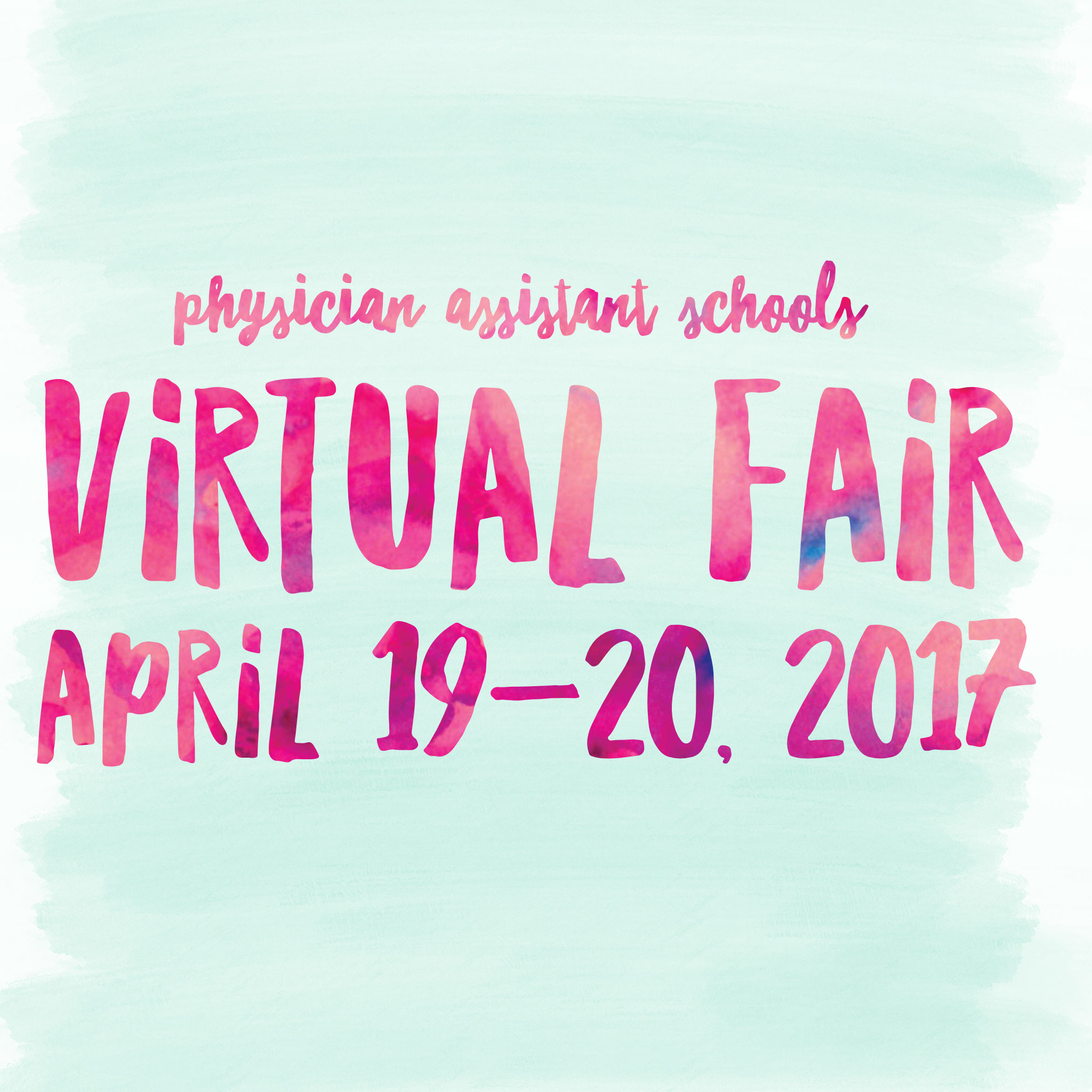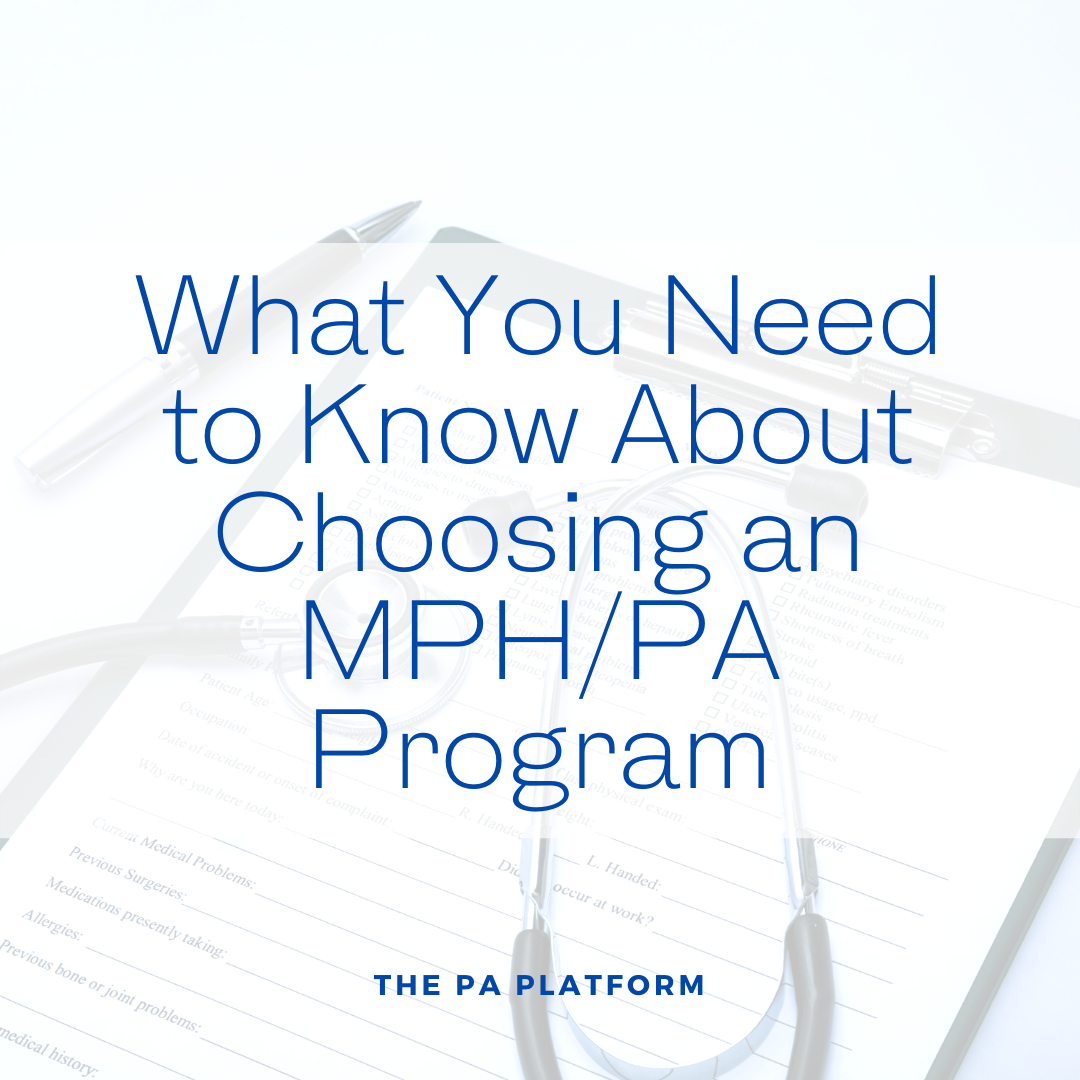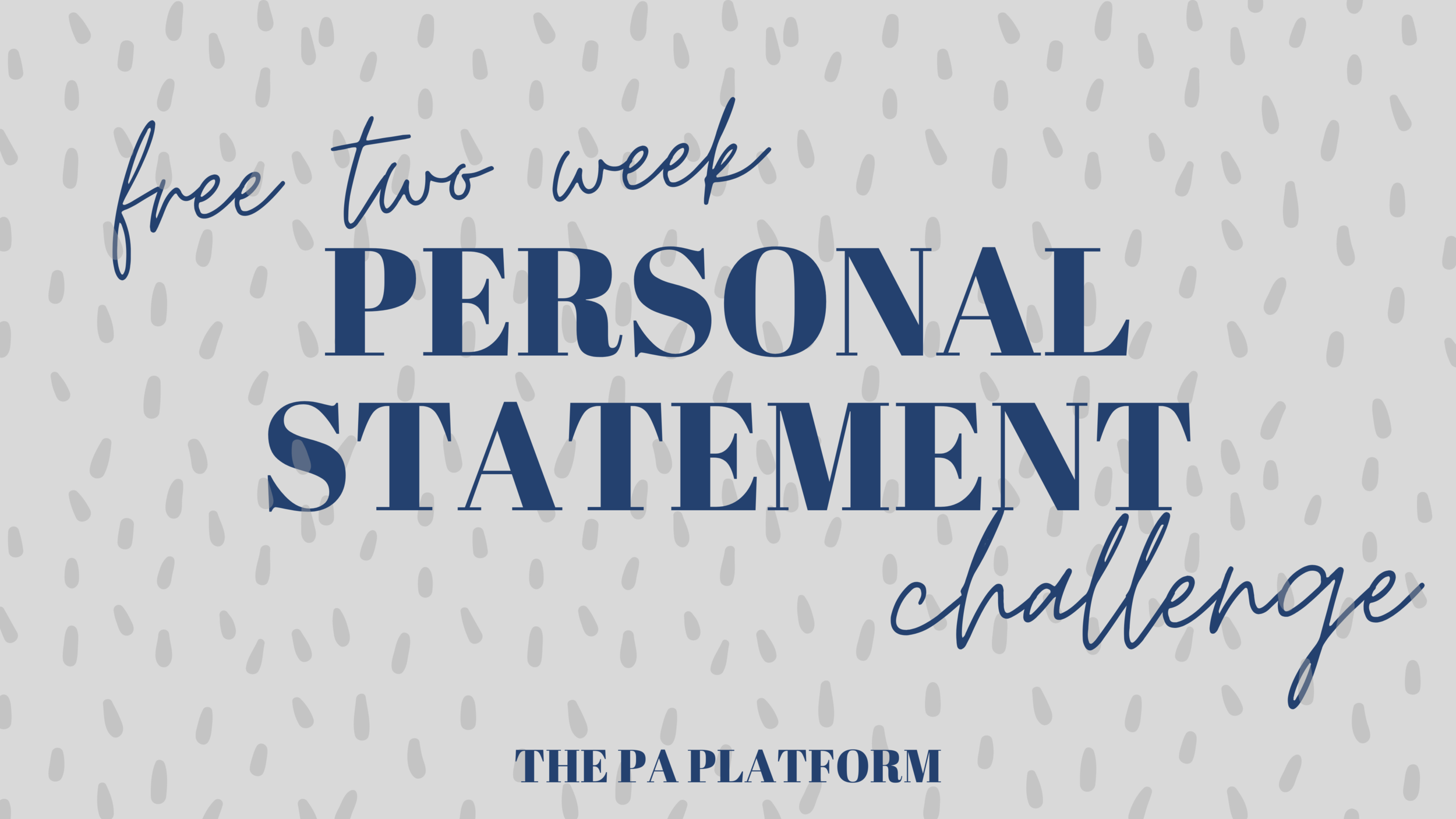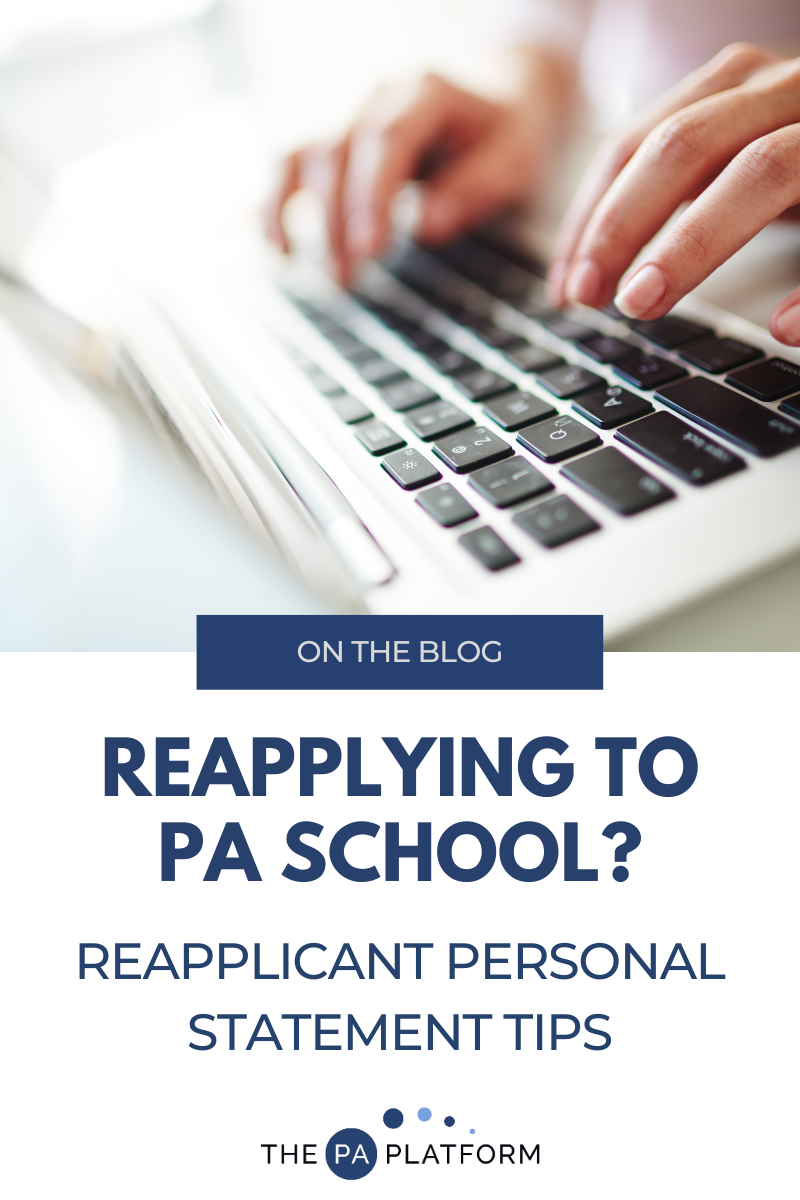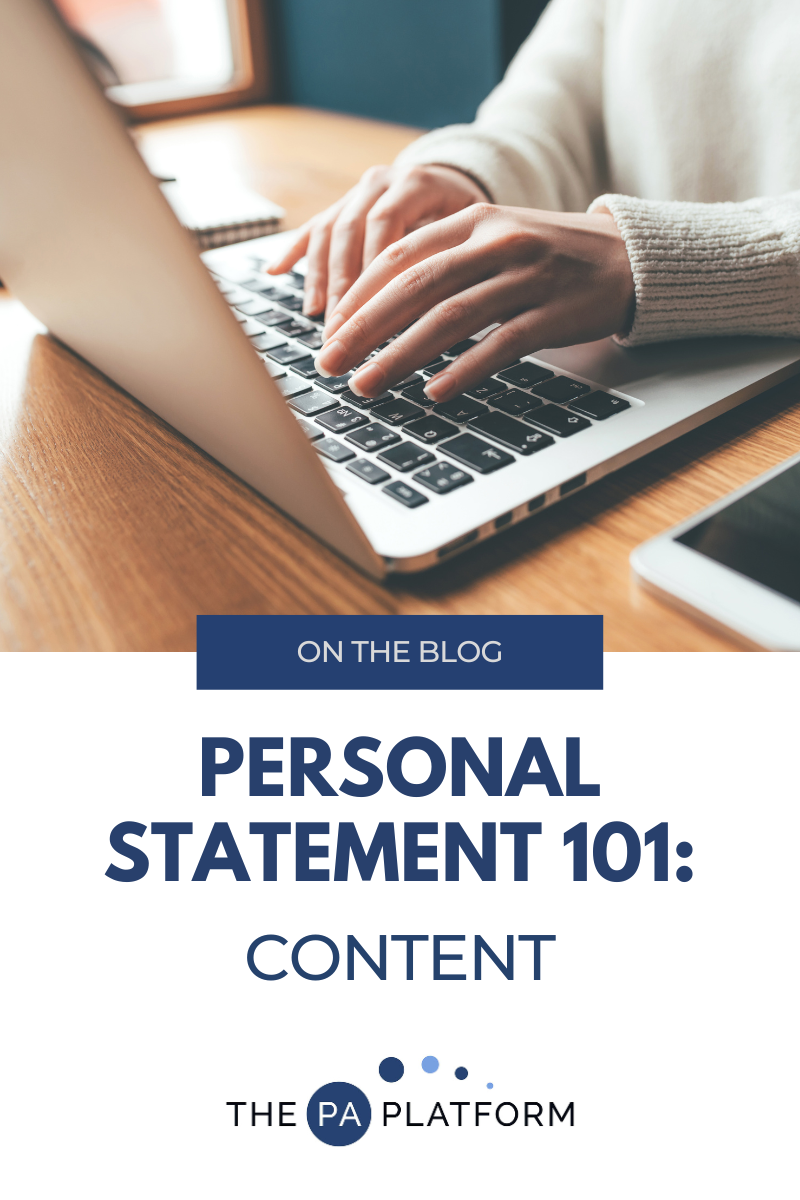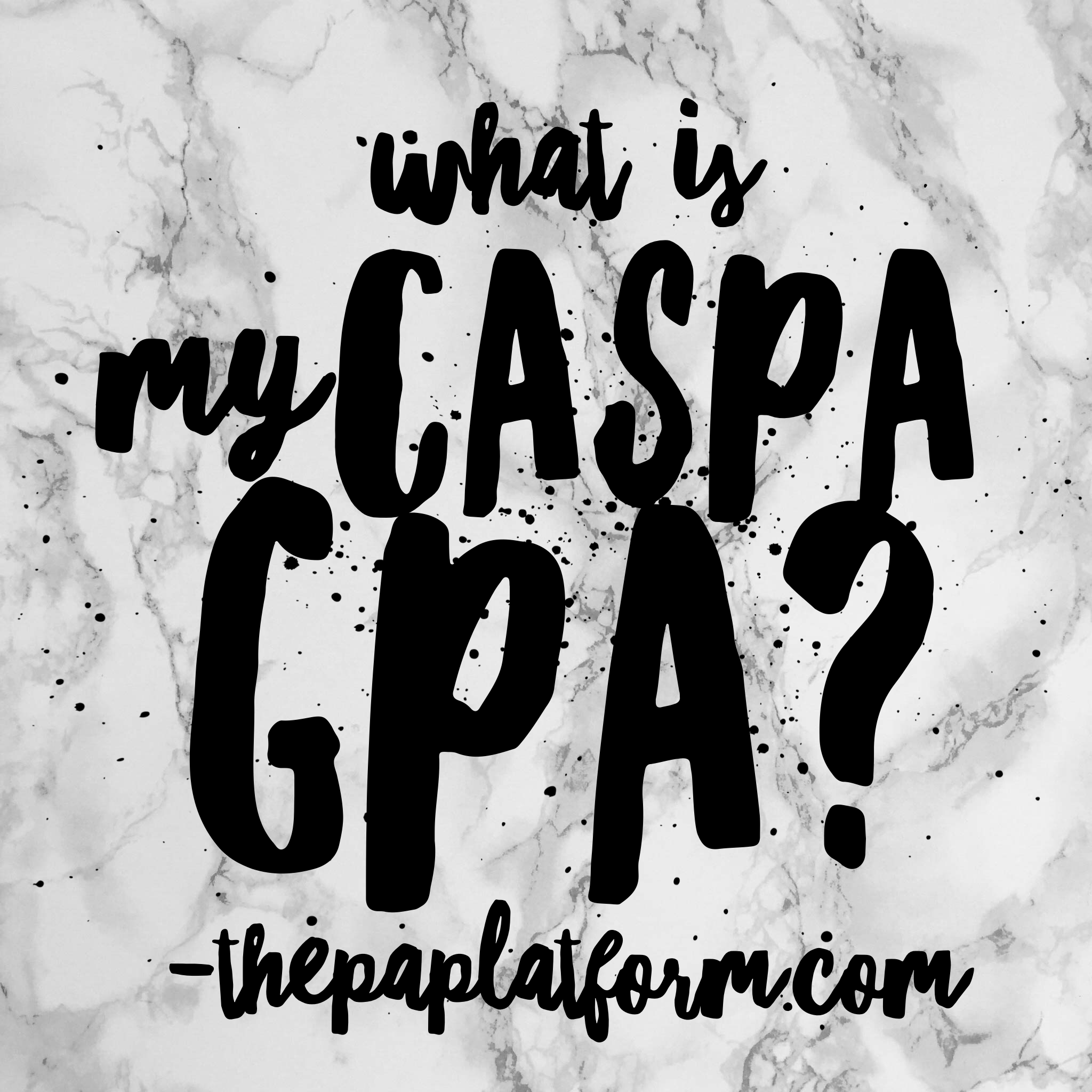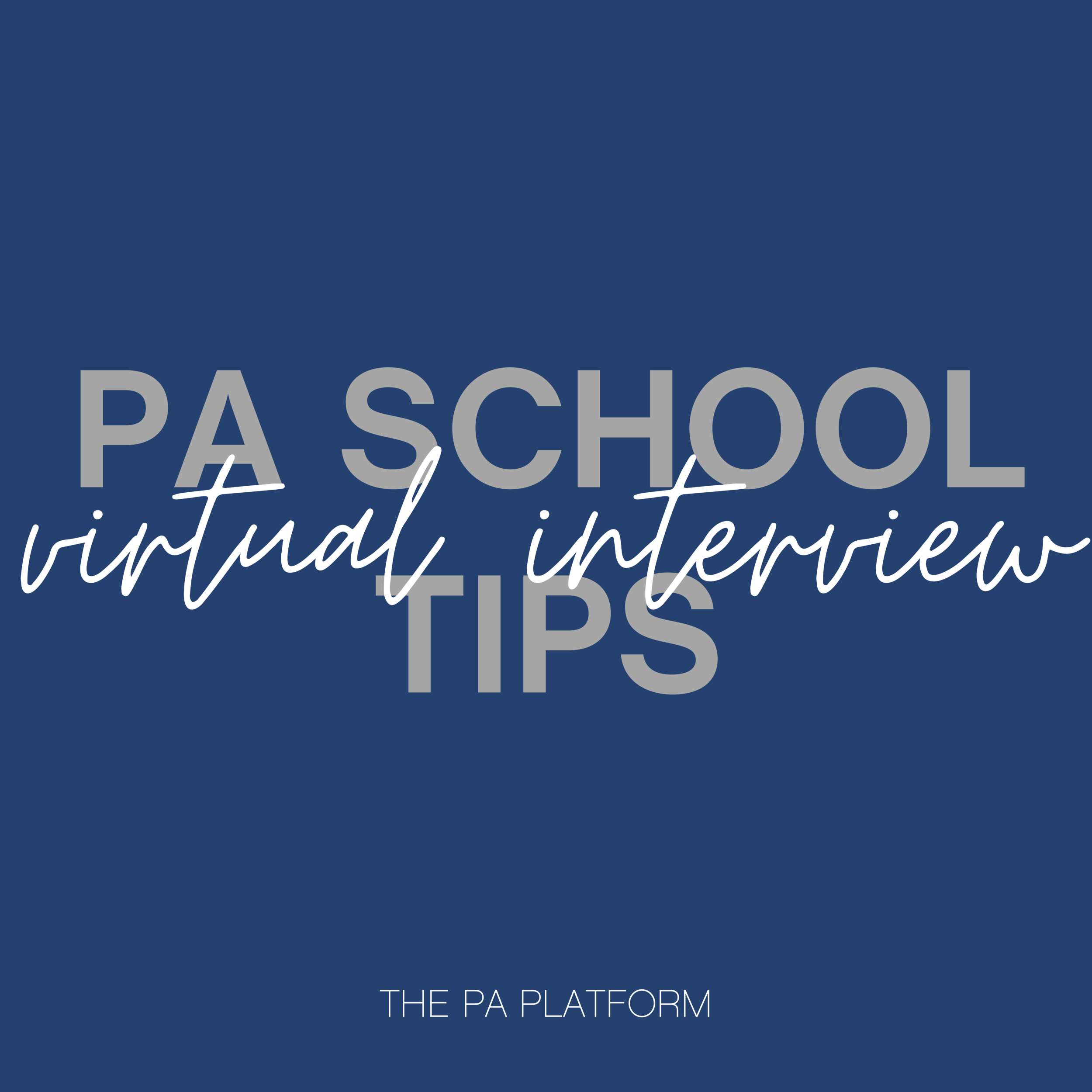Hey there! My name is Taylor and I work with Savanna. I have been working in the medical field for almost six years now, and as a Medical Assistant for four years. If you were to ask me in high school what I wanted to be when I grew up, the answer was always the next Katie Couric. Friends actually signed my senior yearbook with “Can’t wait to see you on The Today Show!” I come from a family with zero medical backgrounds, and honestly I was never interested in medicine. Flash forward to my senior year of college in 2010, and realized I really don’t see myself having a career in PR. I was one semester away from graduating and wasn’t sure what I wanted to do with my life.
I moved to a new city and started to look for PR jobs with non-profits. After several months on the job search, and a quick stent at my favorite quick-service restaurant (let’s just say ‘my pleasure’ is forever engrained in my head), I came home to my roommate telling me I had a job interview with a local dermatologist. This is just one example of one of the most valuable lessons that I have learned post-college - networking is everything. This roommate worked at a hair salon where my new boss had her hair done, and mentioned that she was looking for a new hire since her receptionist just got into PA school. Always be on the lookout for opportunities to network!
I asked my roommate what the job entailed, and she had no idea. All I knew is it sounded somewhat interesting, and I knew I wanted a change of scenery. I went into the interview, and the first question they asked was “Are you okay with blood?” I responded with a cautious “Sure?” The office manager proceeded to tell me the different responsibilities of the job, and the tasks I would be doing. I started off mostly as a front desk receptionist, and worked with the physician one morning a week so her medical assistant had time to do paperwork and catch up on other tasks. After a few months on the job, I could see that being in back with patients, interacting with them, and learning about dermatology, was the most enjoyable part of my job.
A few years later, we hired a Physician Assistant and I became her full time medical assistant. This was as far as I could move up the ‘totem pole’ at my job, and for several months was satisfied with where I was. For someone who had no experience in the medical field, I found it very intriguing and could see why people would want this career. When I first started this job, I knew being an MA was not something I could see myself doing my entire life. For several years I thought about possibly going back to school, but to be honest, it scared me, and I thought it would be too much. One of my greatest weaknesses is my love of comfort. I was comfortable with where I was. I knew what was expected of me and knew my job and could do it well.
This year, I finally decided it was time. I never wanted to look back in five years, and regret the fact that I wasn’t willing to take a leap into the unknown. I am single, don’t have children, and thankfully did not have student loans, so what was I waiting for? I was quite nervous when I first decided to go back to school. I have been out of college for six years, the only science classes I took were 10 years ago, and I am working full time. How was I going to juggle all this?! One step at a time, that’s how. So in September, I began. I am two classes down of the eight I need to apply for PA school, and guess what? I’m still alive! It has taken a lot of time management (Hello Kate Spade Planner for the win), saying no to dinners with friends and weekends away, and knowing that “This too shall pass.”
For all of you college students out there wanting to go to PA school straight after graduation, I am kind of jealous. I have thought recently how nice it would have been to graduate with a degree and know exactly what you wanted to do for a career. But do I have any regrets about waiting? No. I have learned some valuable lessons in my twenties. I have learned what it means to live on my own, that the real world is not as easy at it seems, that time management is very important, and that it really is never too late to chase a dream. All it takes is one little step, and that first step is usually the hardest, but is always worth it. I do not know where this road the Lord has me on is headed, but I am going to trust that “there are far better things ahead than anything we leave behind.”

